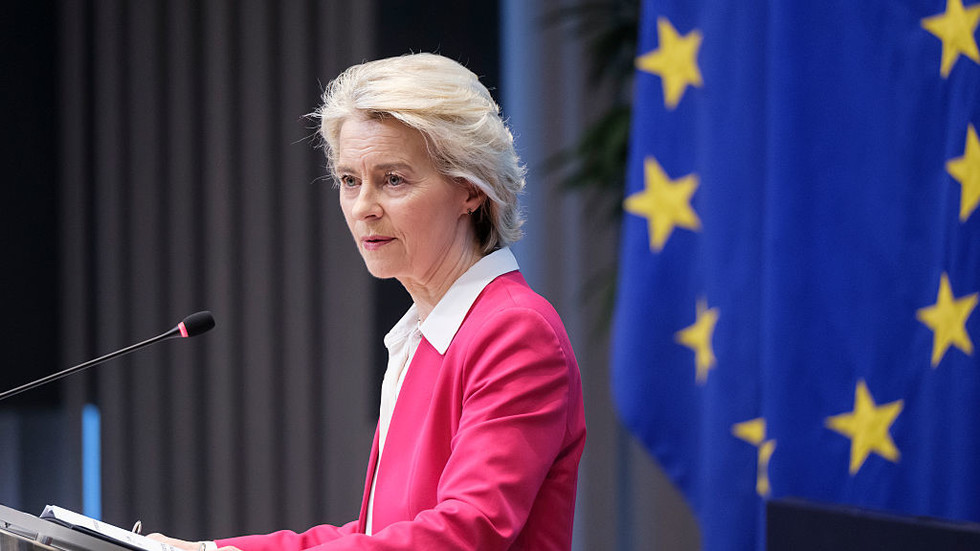Zimbabwe’s Cabinet Minister for Women Affairs, Community, Small, and Medium Enterprises Development, Monica Mutsvangwa, has emphasized the need for a comprehensive strategy to combat sexual offences, particularly those targeting the girl child. In an interview, she underscored the importance of addressing underlying issues such as poverty, lack of education, and harmful cultural practices.
Mutsvangwa highlighted the significance of implementing a multifaceted approach, including measures to tackle poverty, enhance education, and dismantle harmful cultural norms. She also stressed the importance of comprehensive education, awareness campaigns, and community empowerment programs to complement the legal framework in addressing sexual offences.
The Minister expressed the government’s commitment to developing supportive interventions, such as establishing one-stop centers to improve access to justice and reinforcing safe shelters for survivors of abuse.
Furthermore, Mutsvangwa emphasized the necessity of collaborative efforts, stating that her Ministry would work alongside other government departments and key stakeholders to strengthen child protection systems and encourage the reporting of sexual abuse cases to the police for swift action against perpetrators.
In a noteworthy development, Minister Mutsvangwa commended the recent increase in the legal age of consent to 18 years in Zimbabwe. President Mnangagwa promulgated Statutory Instrument (SI) 2 of 2024, raising the age of sexual consent, with violators facing up to 10 years in prison. Mutsvangwa hailed this as a significant step in combatting sexual violations, child marriages, and gender-based violence, emphasizing that the new law sends a strong message that such offences will not be tolerated.
She underscored the legislative milestone as a testament to the government’s unwavering dedication to safeguarding the rights and well-being of children and young individuals in Zimbabwean society.
The Minister’s remarks serve as a call to action for a concerted, holistic approach to addressing sexual offences and protecting vulnerable members of the community.


